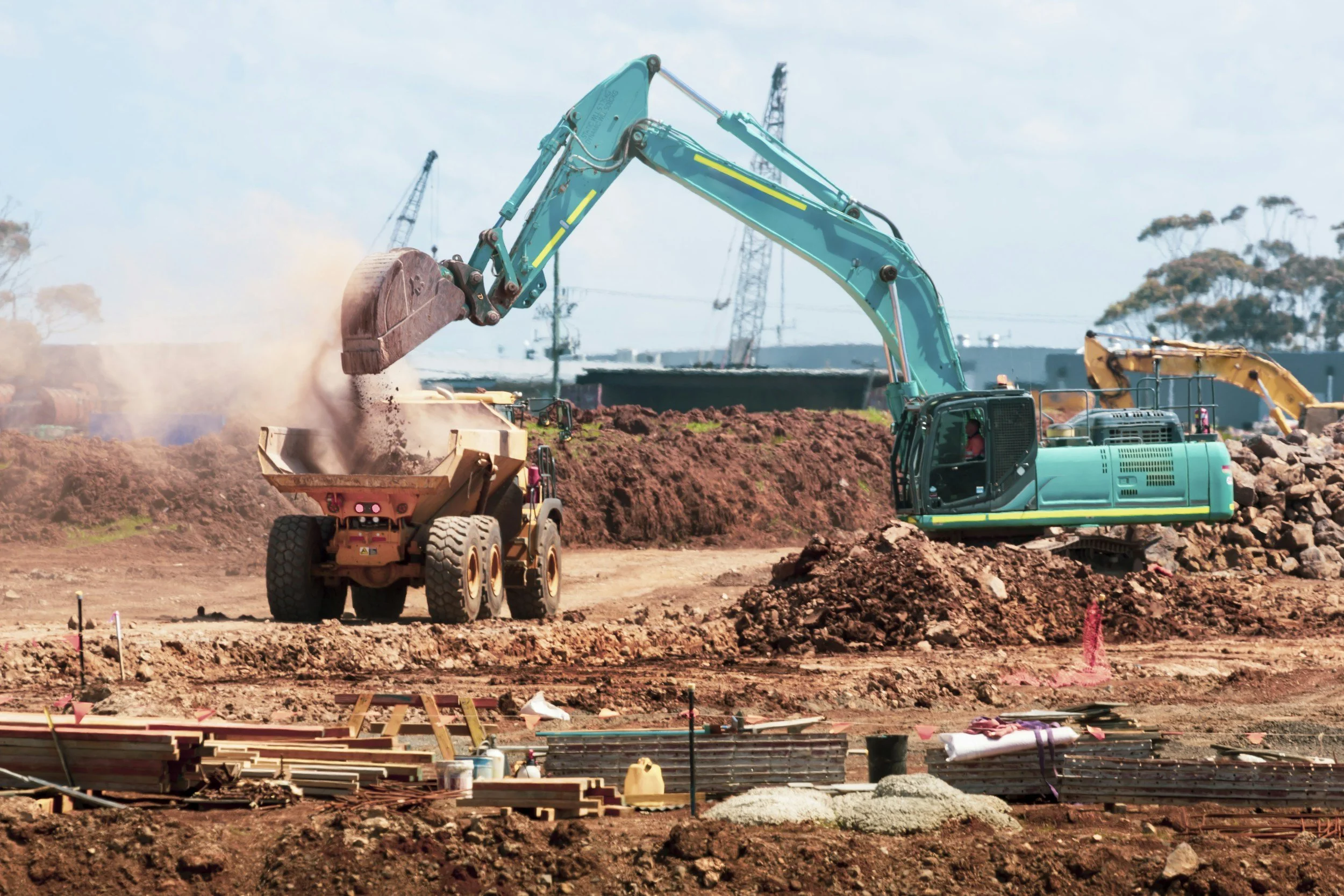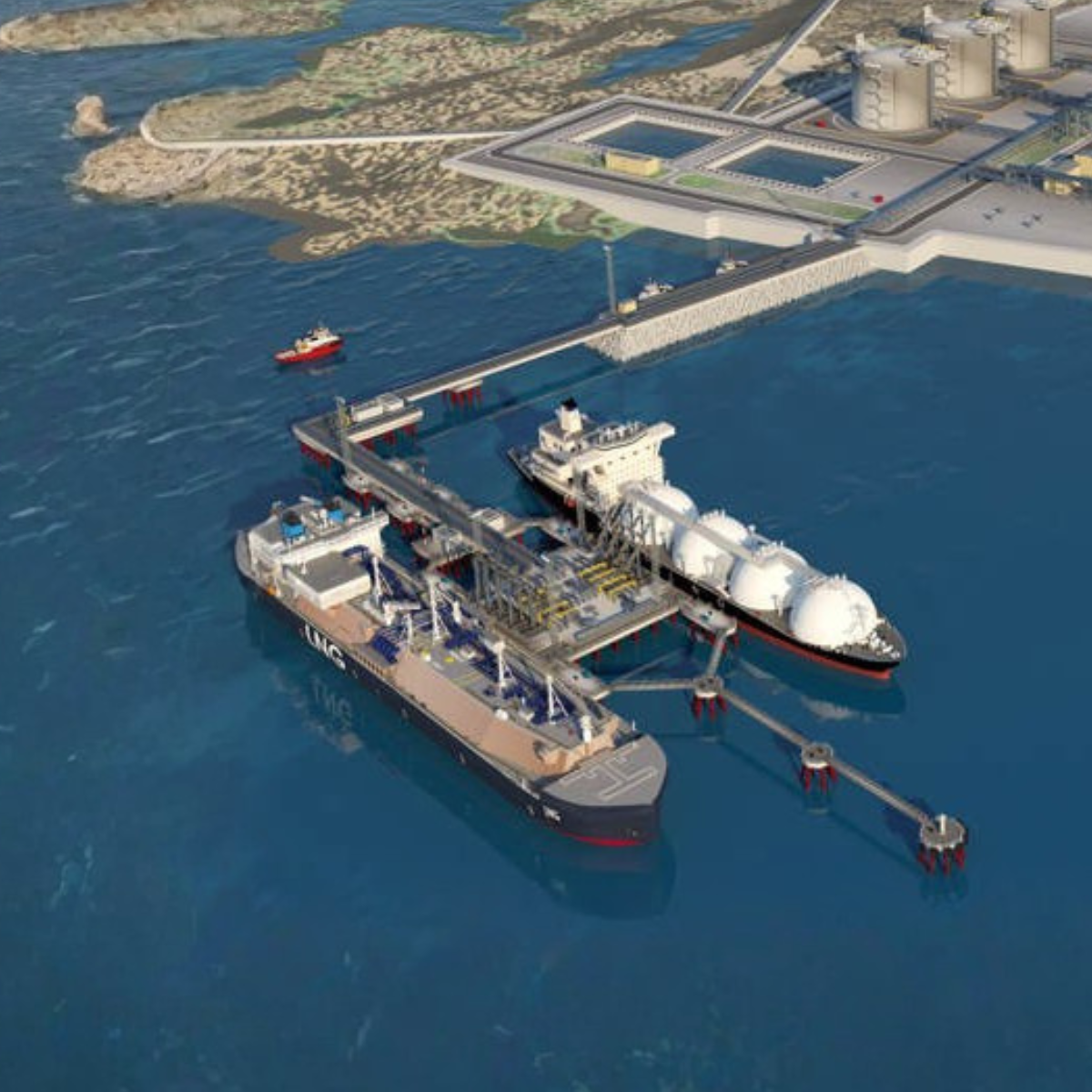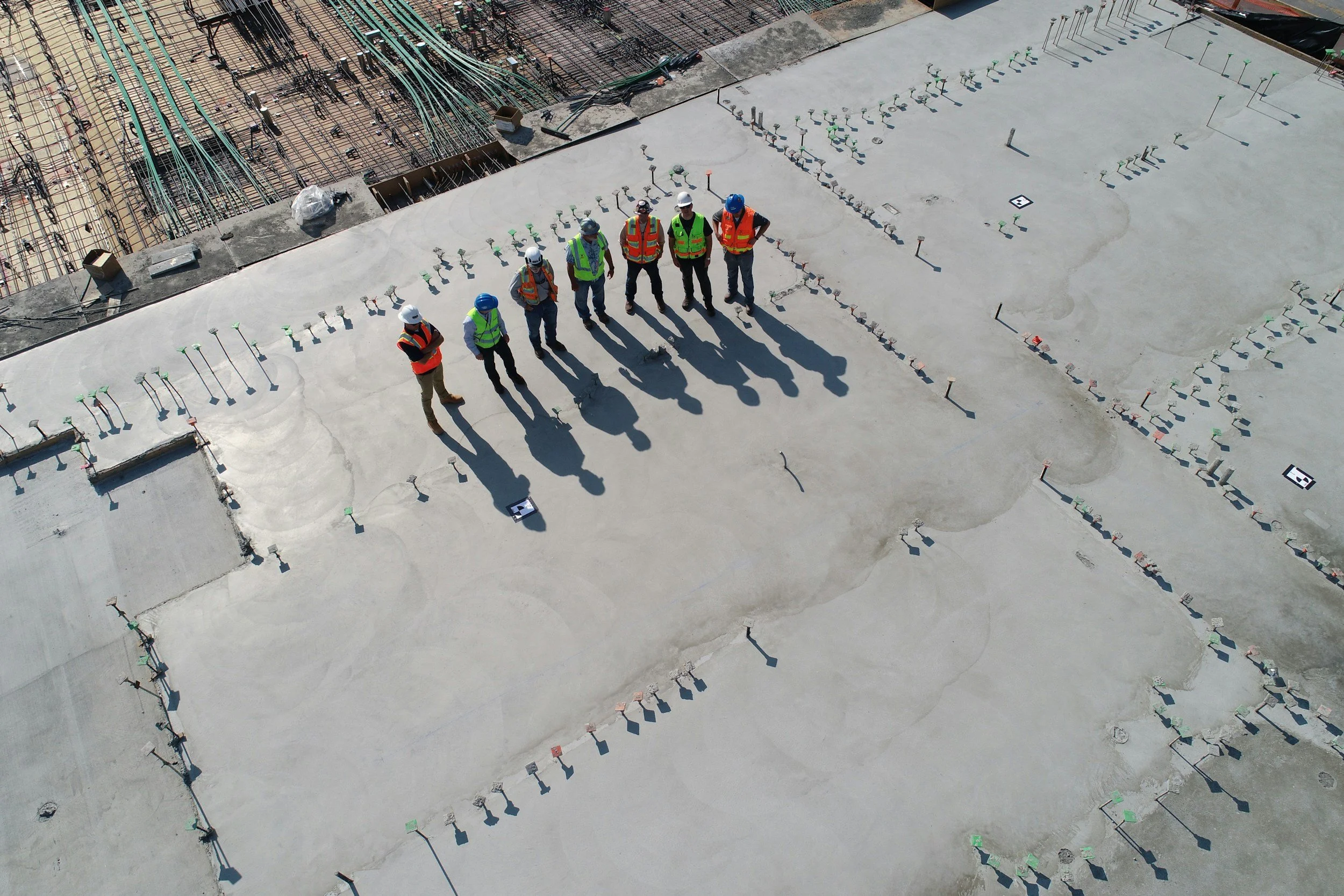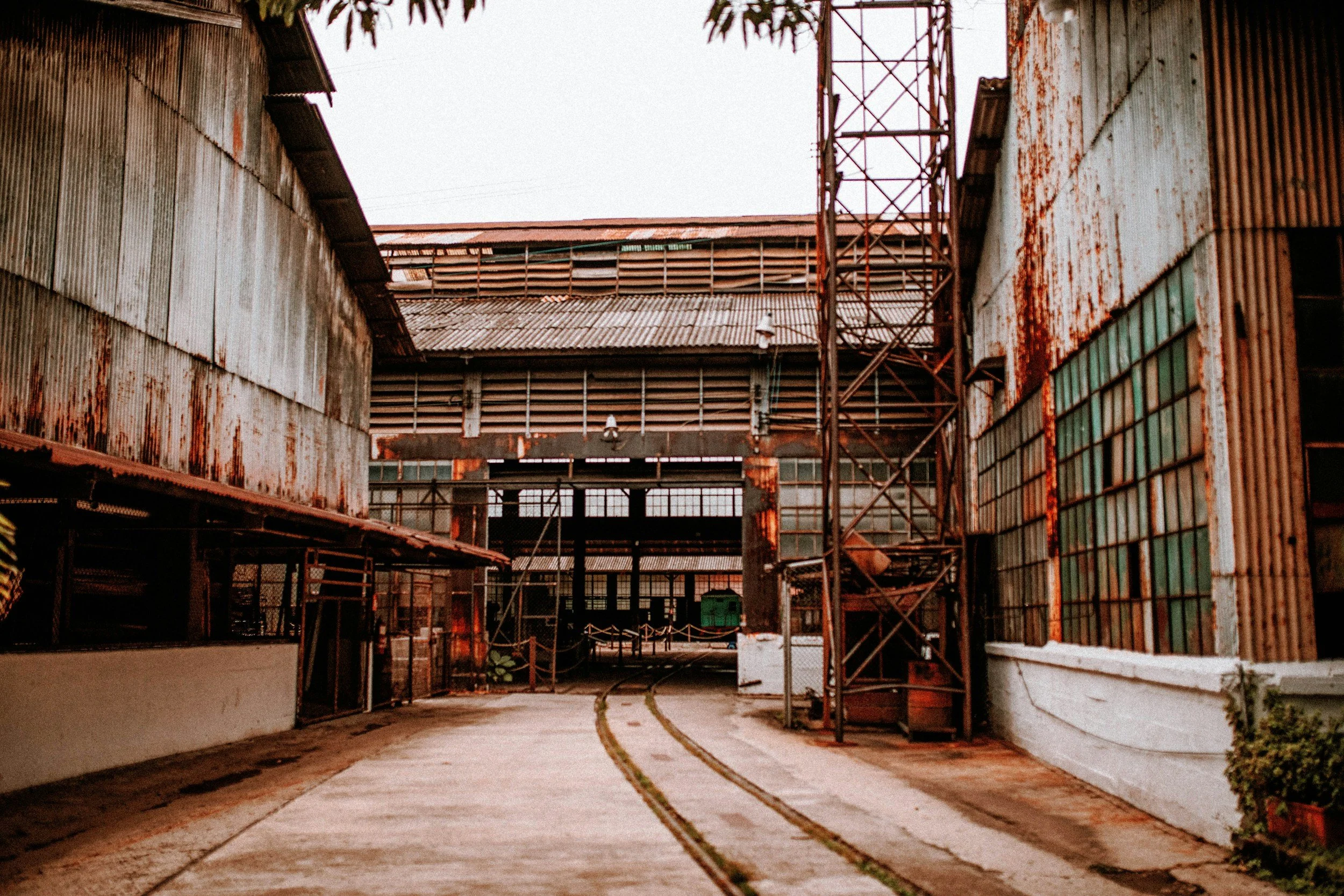How to Avoid Delays in Complex Construction Projects
Managing delays in complex projects requires a proactive approach, robust planning, and effective communication.
Delays not only increase costs but also strain relationships between stakeholders and impact project outcomes. By adopting best practices, project teams can minimise risks and keep their projects on track.
Develop a Detailed and Realistic Project Schedule
A well-structured baseline programme is the foundation of effective project management. It should include:
Clearly defined activities and dependencies.
Accurate timelines based on realistic durations.
Resource availability and allocation.
Tip: Engage a planning expert to ensure the schedule is comprehensive, achievable, and aligned with project objectives.
Identify and Mitigate Risks Early
Risk identification and mitigation are critical for avoiding delays in complex projects. Key steps include:
Conducting risk assessments during the planning phase.
Developing contingency plans for high-risk activities.
Regularly updating the risk register to reflect new developments.
Tip: Use tools like Monte Carlo simulations to model potential risks and their impact on the project timeline.
Maintain Regular Progress Monitoring
Tracking progress in real time helps identify potential delays before they escalate. Key practices include:
Updating schedules regularly to reflect actual progress.
Comparing the current schedule to the baseline to detect deviations.
Using key performance indicators (KPIs) to measure productivity and efficiency.
Tip: Use advanced project management software, such as Primavera P6 or Microsoft Project, to streamline tracking and reporting.
Foster Effective Communication and Collaboration
Clear communication among stakeholders ensures that potential issues are addressed promptly. Key strategies include:
Holding regular progress meetings to discuss updates and challenges.
Sharing critical information through centralised platforms.
Encouraging collaboration between contractors, subcontractors, and clients.
Tip: Implement collaboration tools like Microsoft Teams or Slack to improve coordination and streamline communication.
Address Resource Management Proactively
Resource shortages and mismanagement are common causes of delays. Effective resource planning includes:
Ensuring adequate staffing and equipment availability.
Scheduling work to avoid overloading teams.
Monitoring supply chains for potential disruptions
Tip: Use resource management tools to optimise allocations and minimise bottlenecks.
Document Everything
Maintaining accurate and detailed project records is essential for avoiding disputes. Documentation should include:
Baseline schedules and updates.
Site diaries and progress reports.
Correspondence and change orders.
Tip: Centralise documentation using a reliable document management system to ensure easy access and organisation.
Engage Experts for Complex Projects
Delay experts and planning experts bring valuable experience to managing complex projects. They help:
Create robust baseline programmes.
Identify risks and mitigation strategies.
Monitor progress and provide early warnings of potential delays.
Tip: Involve experts early to ensure proactive management and avoid reactive solutions.
Three top Tips for Avoiding Delays in Complex Projects
Collaborate with a delay expert to identify risks and maintain project schedules.
Work with a planning expert to develop realistic solutions for complex projects.
Use advanced tools and regular progress monitoring to avoid project delays.
Andrew McKenna | Executive Director - Delay and Planning
Conclusion
Avoiding delays in complex projects requires a combination of detailed planning, proactive risk management, and effective communication. By implementing these best practices and engaging delay and planning experts, project teams can reduce risks, improve efficiency, and achieve better outcomes.
Need help managing delays in your project? Contact our team of delay and planning experts to ensure your project’s success.
Back to News and Insights






